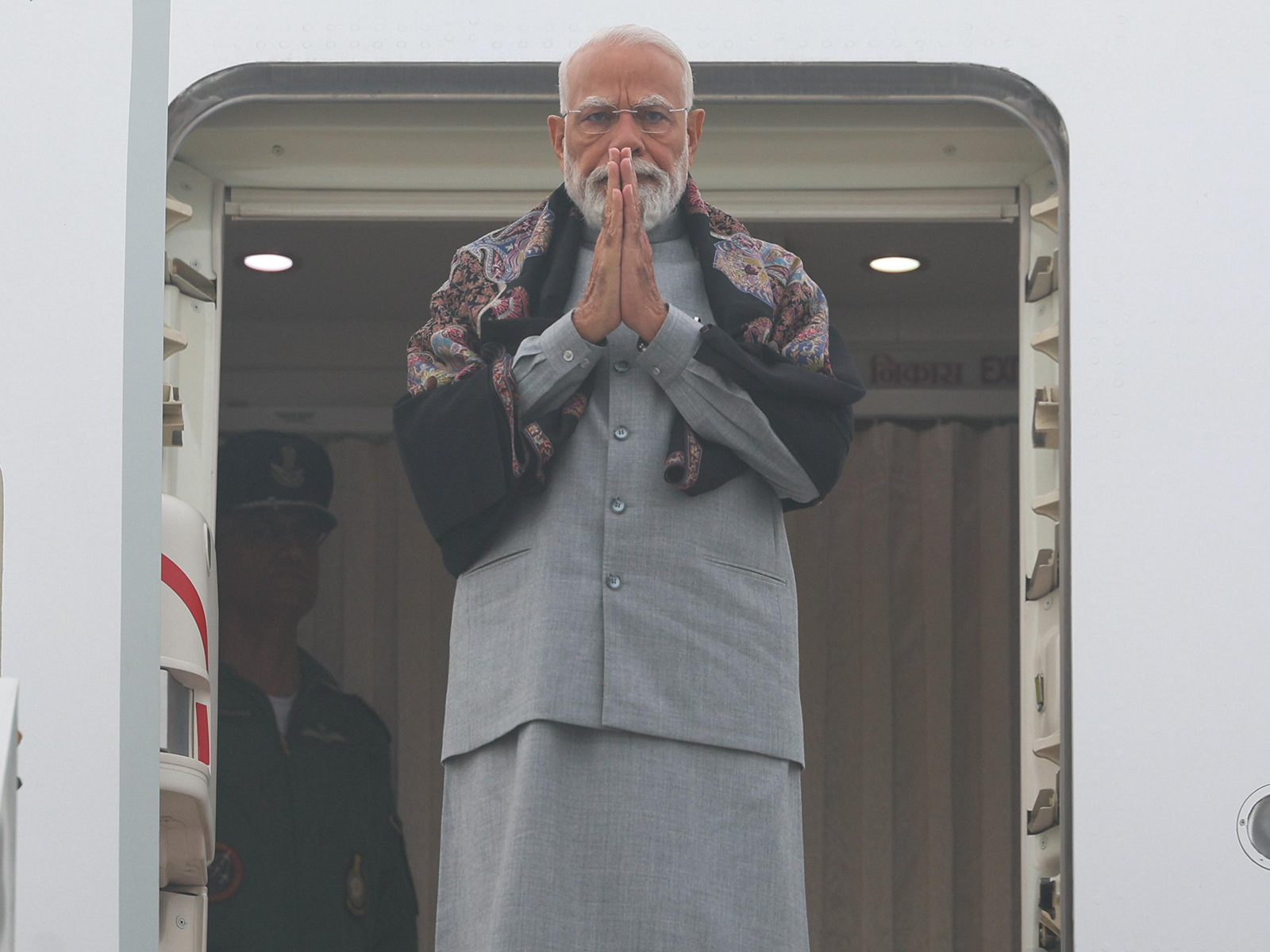UNHCR urges Afghanistan's neighbors to keep borders open for potential refugees
Aug 23, 2021

Geneva [Switzerland], August 24 (ANI/Sputnik): The UN Refugee Agency (UNHCR) is calling upon countries neighboring Afghanistan to be ready to accept refugees as the security situation in the Central Asian country remains precarious, UNHCR Regional Spokesperson for Asia and the Pacific, Catherine Stubberfield, told Sputnik.
The UN agency is not itself engaged in evacuation operations conducted by some countries in an effort to fly their citizens and diplomatic personnel out of Afghanistan, along with a limited numbers of Afghans who cooperated with them before the Taliban (designated terrorist and banned in Russia) took over.
"At this stage, our primary concern is that Afghans who are seeking safety can reach it, including across borders and into neighbouring countries if needed. UNHCR is calling on countries neighbouring Afghanistan to keep their borders open in light of the intensifying crisis in Afghanistan," Stubberfield said.
Even though neighboring countries have welcomed the majority of Afghan asylum seekers for over forty years, including Iran and Pakistan -- currently hosting nearly 90% of refugees from Afghanistan -- the international community has to be ready to step up support for the Central Asian nation and its neighbors in case of a major influx of Afghan refugees, the spokeswoman said.
Current refugee evacuation initiatives of countries only cover the needs of a very small share of Afghans, while the actual number of internally displaced people in Afghanistan amounts to 3.5 million people, including over 500,000 displaced since January of this year, Stubberfield said.
"While UNHCR welcomes the expressions of solidarity made by several countries to either evacuate or resettle Afghans in need of protection, these efforts are unfortunately only able to benefit a tiny proportion of the millions of Afghans already displaced and in need across the country," the spokeswoman said.
She said that such initiatives should not impede Afghan asylum seekers from going to other countries directly, or replace the essential aid within Afghanistan itself.
On August 15, the Taliban entered Kabul, which led to the collapse of the US-backed government. Even though the Islamist movement promised safety to all Afghans and voiced their readiness for dialogue with Afghan political forces, many nationals have been trying to leave the country on foreign evacuation flights, which led to chaos and deadly clashes at Kabul Airport. (ANI/Sputnik)




















